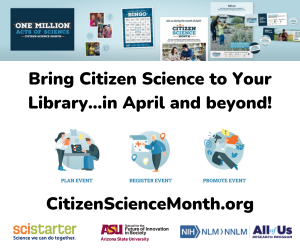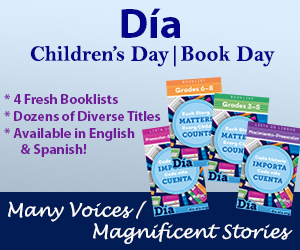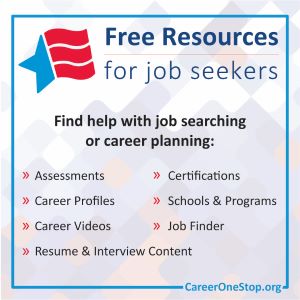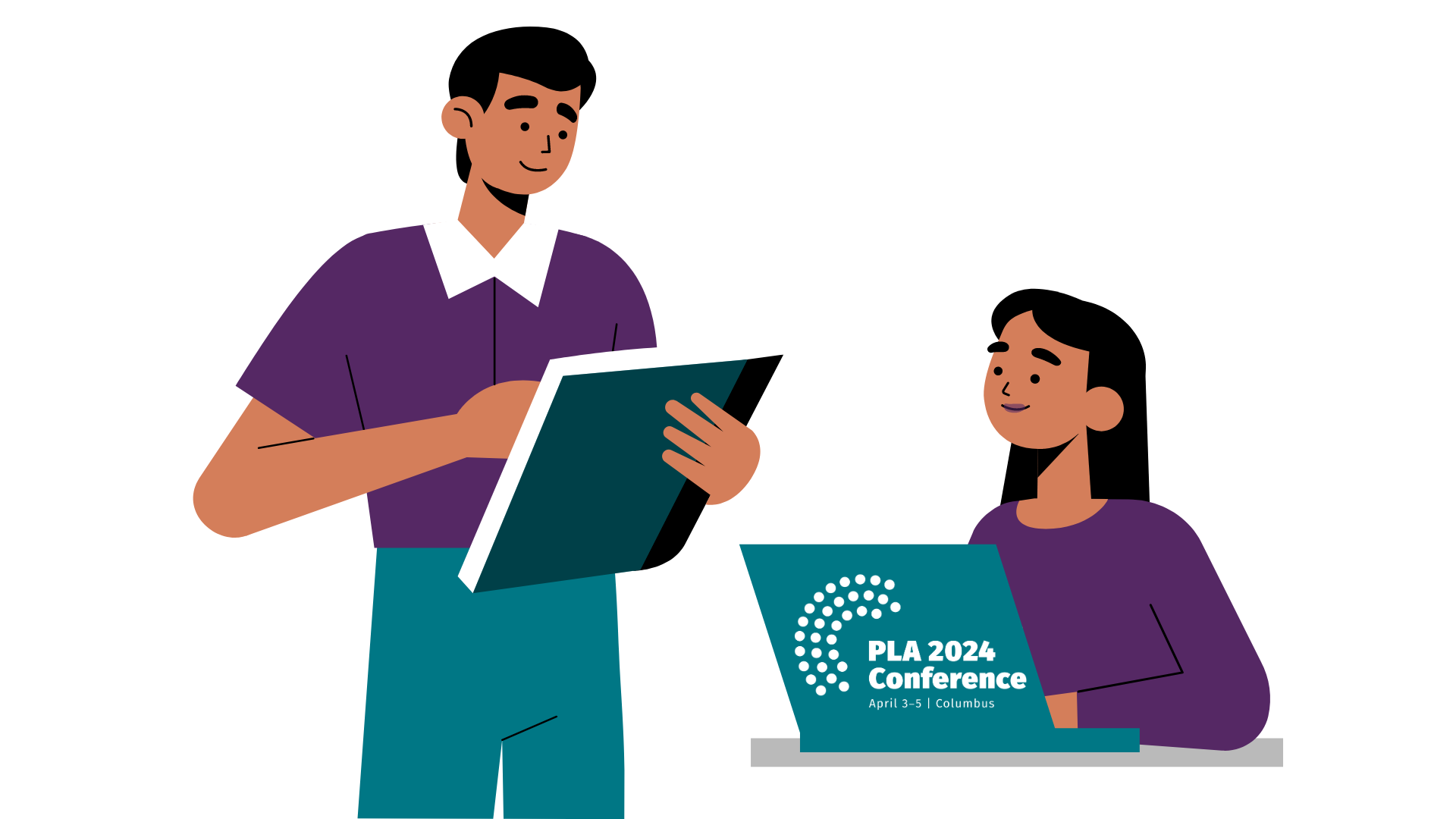The Story of Library Renewal and Similar Initiatives
For this column, we thought we would share what’s been going on with the development of a fledgling nonprofit we’re both involved in, Library Renewal. You might have heard about it, along with stories of the American Library Association (ALA) Presidential Task Force on Electronic Content Access, a certain publisher-that-will-not-be-named, and those dratted e-book format wars. So we decided to share a little bit of the ongoing e-book vs. library story, in the interest of showing how one little irritation can grow into a potential solution. Read on, and let’s see what you think!
The first time Michael tried to use the Internet Public Library was in 1997. His favorite band had just released a new record and he wanted to get it from the only library completely designed for the Internet. In his mind, it was completely realistic and logical that he could go online and somehow check out the digital album and enjoy it for a while, just as he had done for decades at the libraries he had patronized and worked in.
Amazingly, nearly fifteen years later, with almost no exceptions, not much has changed. Today, if you want to check out and listen to a popular song or album from your library, purely in digital form, well, you can basically forget about it (unless your library happens to subscribe to one of the very few music services that are starting to appear). And if you want to watch a movie or TV show in an electronic format from the library, you are similarly out of luck (again, except for a very few exceptions we can think of).
But guess what? The technology that allows access to electronic content is very much here. It is used by many of us—perhaps most of us—regularly. Companies such as Apple (using iTunes or iBooks), Netflix, Amazon, or Hulu, for example (not to mention sites or tools that make it easy to pirate this same content) make it really easy for most folks reading this column to watch or listen to fully electronic content. That is, if you have the money to acquire it through their closed systems.
These emerging systems are really easy to use, too. Think about iTunes, for example. David has been known to rent a movie using the service. His credit card and account info are already stored on iTunes, so to rent a Harry Potter movie he just has to click a button and the movie starts downloading. It’s that easy.
Netflix, Hulu, and Amazon Kindle are just as easy to use. But e-content isn’t always so easy to download and access in the library world. And to be fair to our e-content vendors, it’s not always their fault. They have to deal with some pretty tricky content licenses and digital rights management (DRM), and those stipulations can vary between individual vendors and publishers. But, let’s face it, all those issues aside, using a library product isn’t as easy as clicking the equivalent of a “rent now” button, is it?
These emerging, consumer-focused tools and services are actually very admirable in the solutions they have created, and they really do work—they get content to people who want it. We have a small problem with those companies, though — none of them are libraries. They do not bridge the digital divide, they are not creating the kinds of deep archives libraries create and preserve, and they ultimately exist to turn profit back to their bottom lines and shareholders. There’s nothing inherently wrong with that model. They are, after all, public corporations. Making a buck is what they do!
While we admire the success and the brilliance of many of these companies, we lament that libraries have failed to create similar solutions for our customers. It’s interesting to note that libraries acquire electronic content that still has a physical container (CDs and DVDs) quite successfully, almost exactly on par with our major “competitors.” For example, in the United States, Netflix, Redbox, and libraries are currently circulating almost exactly the same number of DVDs each week.
But libraries haven’t yet figured out how to do this with fully digital content. That’s because of those DRM rules, because of publishing houses not fully understanding how to create e-content models that work for themselves and for libraries, and because there’s no first-sale doctrine for digital content.
According to Wikipedia, the first-sale doctrine
allows the purchaser to transfer (i.e., sell, lend, or give away) a particular lawfully made copy of the copyrighted work without permission once it has been obtained. This means that the copyright holder’s right to control the change of ownership of a particular copy ends once ownership of that copy has passed to someone else, as long as the copy itself is not an infringing copy. This doctrine is also referred to as the “right of first sale,” “first sale rule,” or “exhaustion rule.”1
This works great for physical media. But how does it work with a fully digital copy? No one’s really figured that out yet.
After watching the development of hardware and software, and after spending years very intentionally studying and researching business, technology, and marketing issues, we decided to figure out how to join forces with other folks who also understood the critical nature of the issues we face—and actually do something real and substantial.
We simply could not, in good conscience, speak in front of (or write for) large audiences, who rightfully expected useful information, and not have something
legitimate to tell them about or encourage them to lend their thoughts and energies to. Over and over, hundreds of people asked us to work on something that would start figuring out actual solutions to the growing problem of libraries and digital content. With the help of many of those folks, we now have the beginning stages of Library Renewal.
The best way to discover more is to visit the Library Renewal website (www.libraryrenewal.org). Within the next five years, Library Renewal plans to
- conduct research and create a variety of resources and presentations that explain and point towards new, effective solutions related to libraries and access to digital content;
- forge critical relationships via a formal outreach program to key individuals and institutions working on legal, technological, and industry-specific issues related to access to digital content; and
- build an organized grassroots movement designed to spread the word and raise issues at a local and regional level.
Library Renewal means finding longterm solutions to digital-content access for libraries and library users, by looping you and your family, friends, and neighbors into this movement. The general population still overwhelmingly sees libraries as necessary and positive, and wants them to thrive. We see proof of this in surveys and ballot measures, year after year. But these same people increasingly want digital content in a format that’s most convenient to them. That format isn’t always paper anymore.
Library Renewal has been working for more than a year to develop this project. We have already consulted dozens of people and organizations, and we will continue to build momentum for the project in the months and years to come. We’ve talked and worked on the idea of Library Renewal with businesspeople, technical experts, web experts, consultants, organizational leaders, and with everyday library staff and customers.
Librarians understand that this issue of easy, fair access to digital content is critical to the successful future of libraries. We understand that libraries need to provide the best digital-content access solutions to our customers. Now we need to rally our efforts and start solving these formidable issues and challenges.
Everyone involved with Library Renewal hopes you are excited at the unique potential that is taking root here. Keep watching, be in touch, and send us your ideas. Be a part of what promises to be a powerful force for good. There are big ideas and big problems to solve. There are at least five other organizations currently working on or raising awareness of e-content for libraries, including:
- ALA’s Presidential Task Force on Equitable Access to Electronic Content. They’re charged with studying challenges and potential solutions in libraries for improved digitalcontent access, distribution and preservation systems, and infrastructure in response to the creation and migration of materials from print to electronic access.
- The Berkman Center for Internet and Society’s Digital Public Library of America. They recently convened a group of stakeholders in a planning program to define the scope, architecture, cost, and administration for a proposed Digital Public Library of America. They plan to bring together representatives from the educational community, public and research libraries, cultural organizations, state and local government, publishers, authors, and private industry in a series of meetings and workshops to examine strategies for improving public access to comprehensive online resources.
- The Internet Archive’s In-Library Lending Program. They recently announced a new 80,000+ e-book collection of mostly twentieth-century books that can be accessed at OpenLibrary.org.
- COSLA: eBook Feasibility Study for Public Libraries. From the report itself: “In this report, you’ll read concerns and ideas about access and ease of use for library eBooks, library purchasing models, shifting relationships with vendors and publishers, cost and selection, copyright and fair use, and how to make the public library’s voice heard as eBooks change how people read for leisure
and learning” - LibraryCity. LibraryCity is an ad-hoc group focused on the issues surrounding e-content access and libraries. Their goal is to provide libraries “with a wealth of new content that they can position to serve Americans’ individual needs as well as community and institutional ones.”
Lots of organizations, working on different facets of the same overarching problem, certainly have a chance to facilitate change. Feel free to e-mail us and tell us what you think!
Reference
- Wikipedia, “First-Sale Doctrine,” accessed Mar. 10, 2011.







